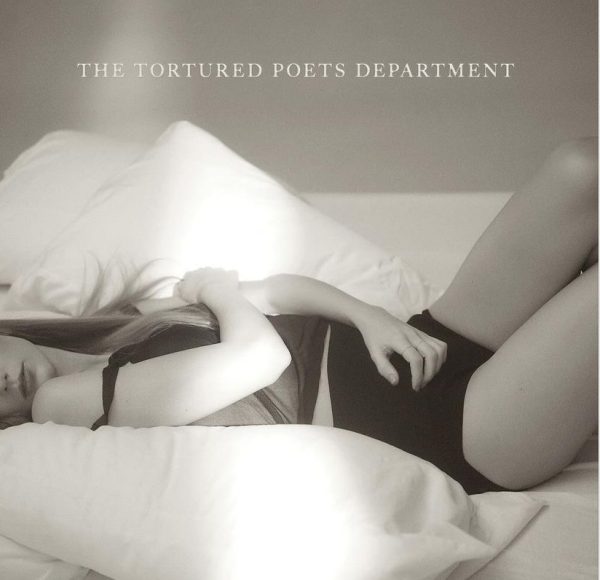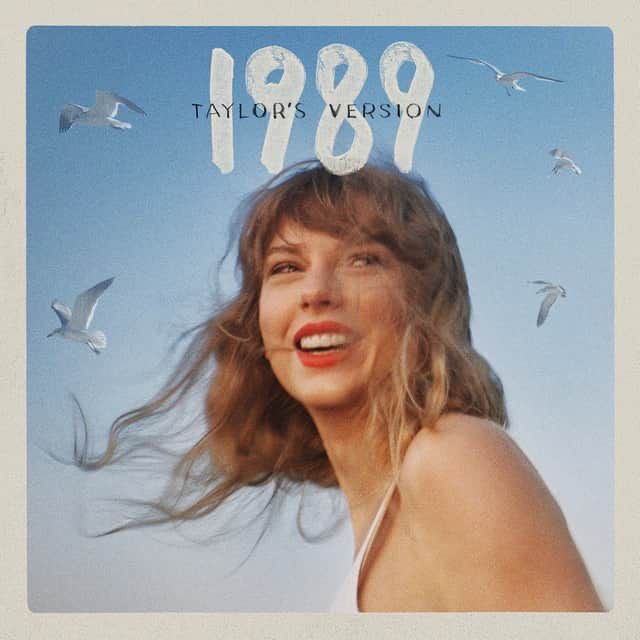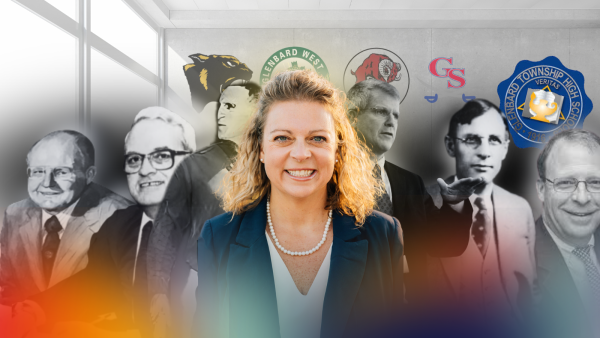Madonna is forever & always a ‘Material Girl’
To put it frankly, I thought Madonna was washed up, a has-been who needed to take her Grammys and get off the stage. Seeing as I had heard new music from her since the day I was born (my mom’s favorite song ever is “Holiday”) to the present, I was confused why a now 60-year-old Queen of Pop was still out here bustling and dancing to her 80s hits. Simply put, very “I’m Lindana and I Wanna Have Fun” aesthetic from Phineas and Ferb.
Because few above the age of 18 will get the reference I just made, back to Madonna. Madonna was born Madonna Louise Ciccone in a small town in Michigan. She was a talent from the start, boasting skills in dancing and later singing and acting. In a time where she was a woman in the pop-scene, the amount of pigeon holes and boxes she was first placed into are innumerable. Yet, that deficit is exactly where my argument starts.
Madonna defied the odds so that pop singers of all genders could today. Whether we acknowledge it or not, pop singers today are quite vulgar and provocative. That has become the norm. Yes, parents, teachers and adult figures can censor it all they’d like, but at the end of the day, Cardi B, Nicki Minaj, and even more lighthearted singers, make references to love and romance that transcend what was socially acceptable back at the start of Madonna’s heyday.
My epiphany from going to a Madonna-opposer to a Blonde Ambition fanatic started, I believe, around the year 2012. Of course, my family and I were watching the Superbowl. Correction, my family was watching the Superbowl, and I was waiting for the halftime performance because that is the best part, obviously, no questions asked. So, a little 10-year-old me watched, mystified by the lady with the blonde hair singing alongside M.I.A. and Nicki Minaj screaming “L.U.V. Madonna.” Needless to say, that’s all I talked about next week. I was stunned.
Over the years, I learned more and more about Madonna through expanding my music taste and through delving into a little bit of art history. Madonna’s songs “Vogue” and “Express Yourself” were favorites for my mom and I to have a dance break to in the kitchen while making dinner, and Madonna was friends with Keith Haring, my favorite artist ever (the guy who makes the colorful outlined characters, the hearts, etc.).
Needless to say, I was on a Madonna craze for a while, but the real turning point came when I started realizing her impact. Madonna was a leader in her fight for AIDS awareness during the AIDS outbreak in the 80s and for publicity of that sort. She funded research, spoke out at her concerts, went to hospitals to visit patients: she was sort of like a Jesus for the gay population for a little bit (so, I guess God really is a woman?). Even more recently, she accepted the Advocate for Change Award in 2019. She is still doing it, continually fighting for what is right beyond her stint in the 80s.
Through provocative performances, artistic genius, and simultaneous unprecedented longevity in career, Madonna has been able to establish herself as a model for change and reinvention. In this reinvention, she has been able to fit a mold of contexts throughout the decades, and with that, paved the way for personas and alter-egos of expression for other artists alike.
The moment when I saw the true Madonna shine through was whilst watching her acceptance speech for Woman of the Year on behalf of MTV in 2016.
At that ceremony, Madonna was being honored for her work as an activist, singer, and woman who pushed the boundaries and continued her revolutionary behavior into 40 years of music and more.
As with most things Madonna does, her speech was controversial while still being inspiring and relevant.
She began her speech by giving a twisted display of gratitude. She exclaimed, “Thank you for acknowledging my ability to continue my career for 34 years in the face of blatant sexism and misogyny and constant bullying and relentless abuse.” As this took place in the beginning of 2016, she made a nod to the #MeToo movement and the relevance of feminism under the newly elected Trump Administration.
She continued by describing her beginnings, stating that her music career took off when “people were dying of AIDS everywhere […] It wasn’t safe to be gay, it wasn’t cool to be associated with the gay community” and that she was “feeling paralyzed [and] it took [her] a while to pull [herself] together and get on with [her] creative life.” Citing the works of writers like Maya Angelou, James Baldwin, and Camille Pagila, she instituted her beginnings in being a “bad feminist” who defied the odds. “I realized that I could not be a victim any longer. That everything happened for a reason. And my job was to learn from every sh*t-storm I wandered into.”
Her speech took a chilling turn when she uttered the words “and in life, there is no real safety except for self-belief.” This self-belief carried her narrative to inspiration from David Bowie, whose duality as feminine and masculine was predetermined and made acceptable by his gender. Madonna realized this from both Bowie and Prince (she stated that she thought to herself, “wait a minute, isn’t Prince running around with fishnets and high heels and lipstick with his butt hanging out?” Yes, he was. But he was a man).
The limits placed on her brought about the declaration that in music and life: “There are no rules — if you’re a boy. If you’re a girl, you have to play the game.” That game is the inside-the-box, status quo ideals that the pop-princesses of the time were fulfilling. The stereotype, to Madonna at least, was not acceptable.
“Be what men want you to be. But more importantly, be what women feel comfortable with you being around other men. And finally, do not age. Because to age is a sin. You will be criticized, you will be vilified, and you will definitely not be played on the radio.” These were phrases uttered to the Queen of Pop before she became the Queen of Pop. From drawing away from this idea of what was deemed to her as right, she was able to find her place in the music scene, even when “People sa[id] [she was] controversial.”
Yet, as my younger self subconsciously put together, the most controversial of Madonna’s actions was sticking around for as long as she did. With greats like Tupac, Prince, Whitney, etc. all dead, Madonna remains one of the only ones still around.
In closing, Madonna stamped her speech with the legacy and timelessness she does with most of her endeavors. Offering a message to women, she exclaimed: “what I would like to say to all women here today is this: Women have been so oppressed for so long they believe what men have to say about them. They believe they have to back a man to get the job done. And there are some very good men worth backing, but not because they’re men — because they’re worthy. As women, we have to start appreciating our own worth and each other’s worth. Seek out strong women to befriend, to align yourself with, to learn from, to collaborate with, to be inspired by, to support, and enlightened by.”
Madonna is a reinvention, fitting into the decades from the 80s to now. She is timeless and still necessary, and even though her stardom is fading, her legacy is immortal and will be a revolutionary image of taking a stand on what expression and artistry can truly be when pushing the boundaries of what is expected of you.

William is currently a senior and is thrilled to be apart of the Glen Bard Editorial Board for his fourth year as the Co-Editor-In-Chief. Besides writing...









